Developed by the National Council of Juvenile and Family Court Judges – Capacity Building Center for Judges Introduction The Judicial, Court, and Attorney Measures of Performance (JCAMP) project developed a Toolbox to support implementation of the measures into practice. This … Read More
Judges
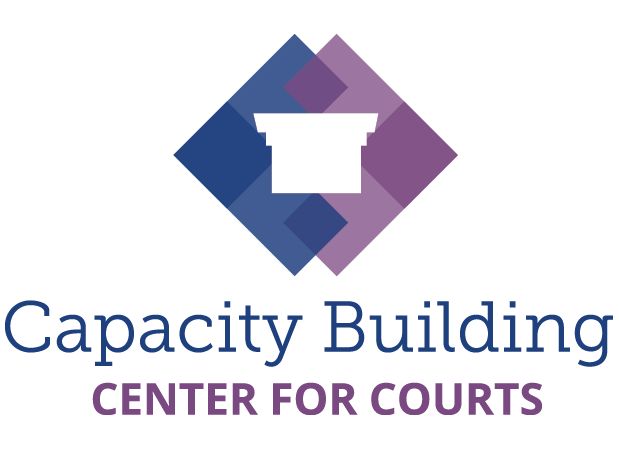
Judicial, Court, and Attorney Measures of Performance (JCAMP): Quick Start Guide
Developed by the National Council of Juvenile and Family Court Judges – Capacity Building Center for Judges Measures were developed using the following guiding principles. The measures must The measures were developed through an iterative process with feedback from judges, … Read More
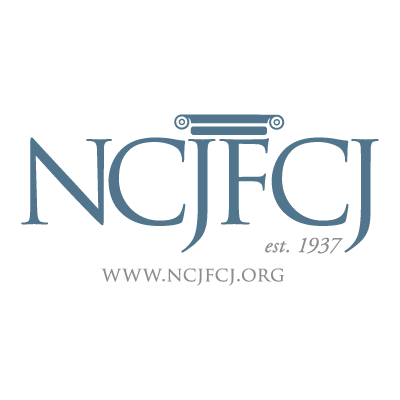
Improving Diversity, Equity, Inclusion, and Belonging Through a Race Equity Lens: A Toolkit For Juvenile and Family Court Judges
Introduction This toolkit is designed to equip juvenile and family court judges with effective strategies and tangible action plans for enhancing diversity, equity, inclusion, and belonging (DEIB) within the court system. Drawing on a trauma-informed perspective, the toolkit aims to … Read More
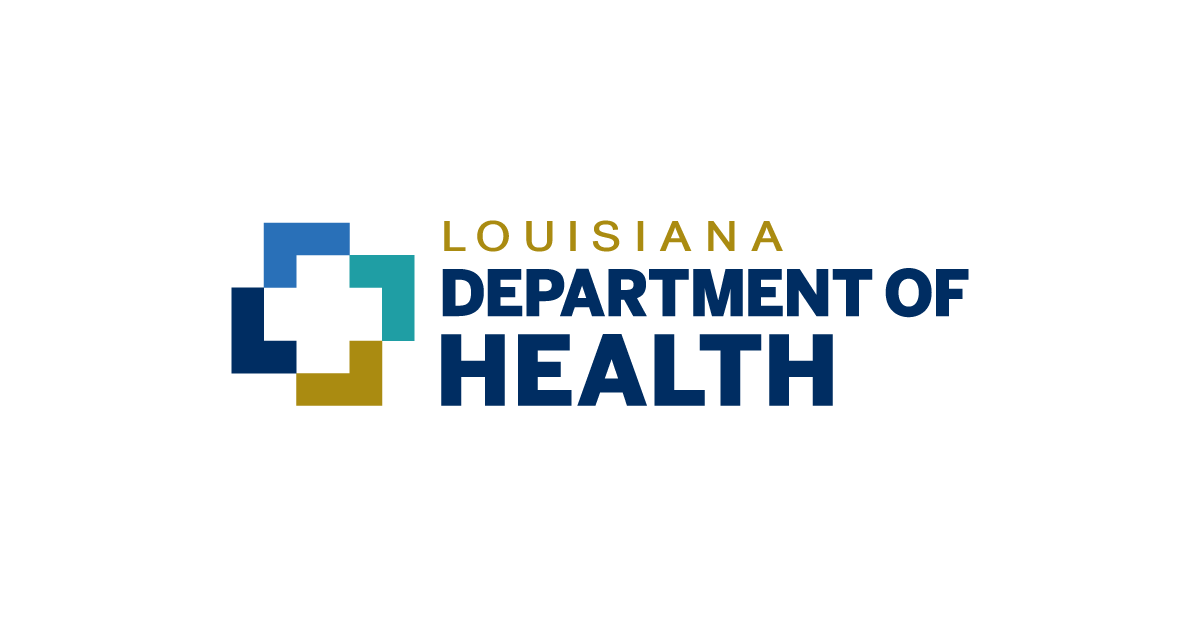
Caddo Juvenile Services’ Trauma-Informed Care Used as Statewide Model for LDH Youth, Families Initiative
The Louisiana Department of Health announced that it will adopt a statewide approach to preventing and addressing trauma across all child-serving agencies. Whole Health Louisiana is the state’s first attempt at addressing childhood adversity and trauma through the integration of … Read More
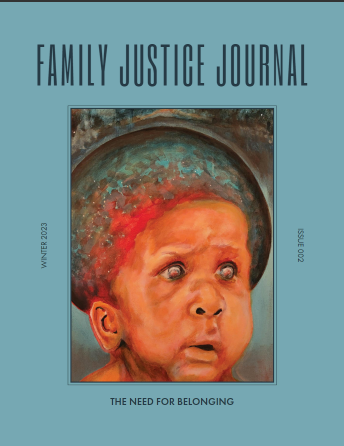
FAMILY JUSTICE JOURNAL: The Need For Belonging
If we cared about the harm of separating children from their parents, we’d be far less likely to do it. If we were serious about ending racial disparity, we would see it decline sharply. The reality is there has been … Read More
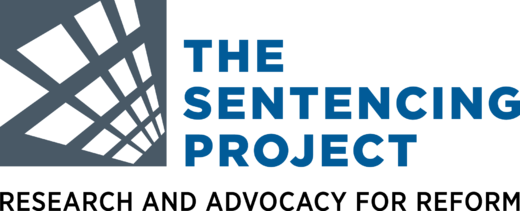
Effective Alternatives to Youth Incarceration
EXECUTIVE SUMMARY As The Sentencing Project documented in Why Youth Incarceration Fails: An Updated Review of the Evidence, compelling research proves that incarceration is not necessary or effective in the vast majority of delinquency cases. Rather, incarceration most often increases … Read More
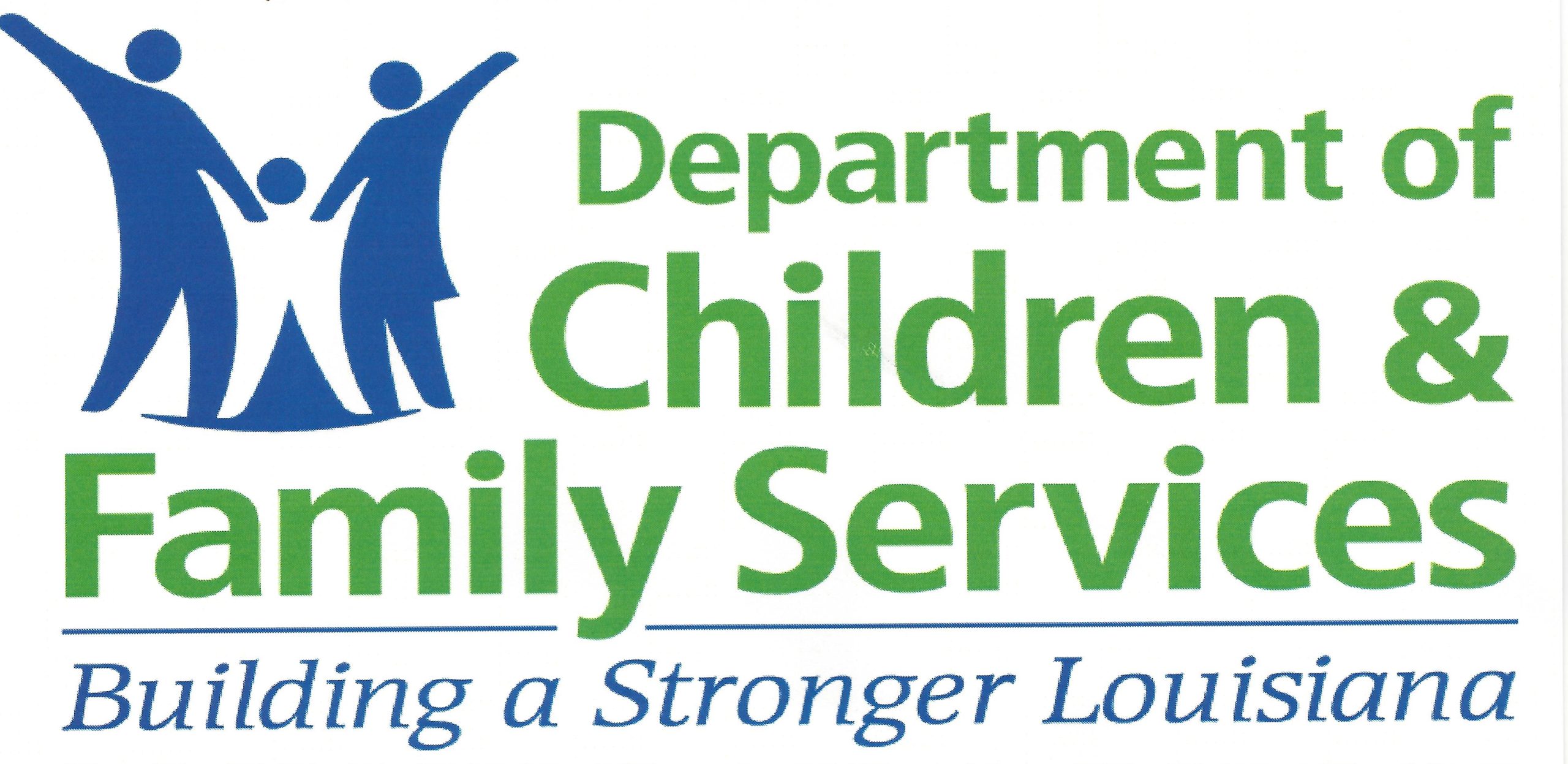
State of Louisiana 2023 Annual Progress and Service Report
This report provides the 2023 Annual Progress and Services Report (APSR) for Louisiana that outlines the Louisiana Department of Children and Family Services’ (DCFS’) plan for child welfare and provides updates on the 2020-2024 Child and Family Services Plan (CFSP) … Read More

Leadership Self-Assessment
CWLA partner NCWWI has developed an online leadership self-assessment to help child welfare workers discover their strengths & areas for growth. Topics include: leadership fundamentals, leading change, leading in context, leading for results, and leading people. NCWWI LEADERSHIP TOOLKIT TAKE … Read More

Adoption Triad: Tribal Customary Adoption
Tribal Customary Adoption Tribal customary adoption is a cultural practice within Indigenous communities that aims to ensure a child is taken care of when there is a parental death or inability to provide care. This practice offers children stability and … Read More
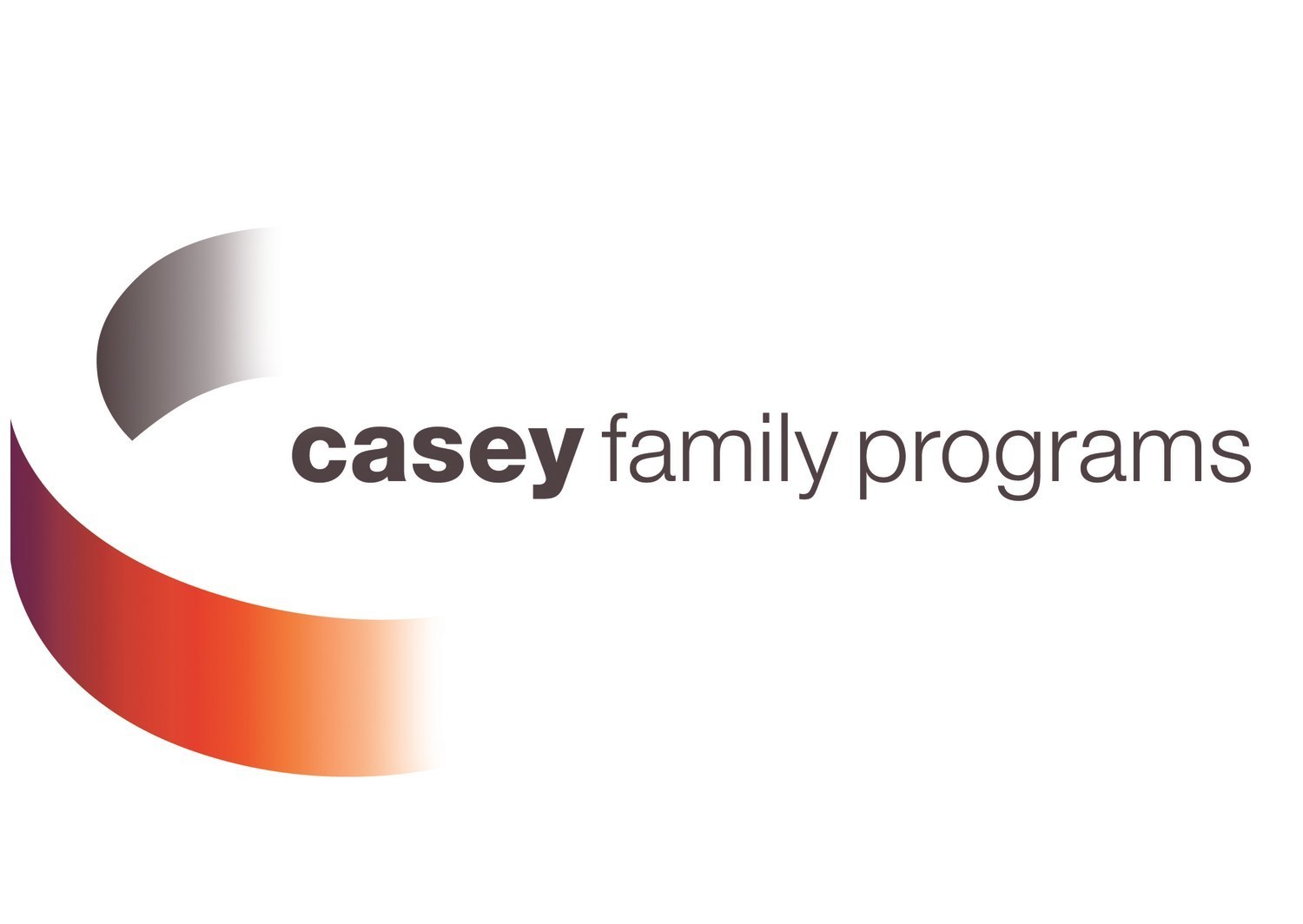
Thriving Families Safer Children Supportive Communities
Today in America, some 377,000 children are living in foster care, each child removed from their home, family and the network of caregivers, educators and other caring adults in their lives. This staggering number is also a measure of how we as a nation are faring in our responsibility to ensure that every child in every community has the opportunity to grow up in their own family connected to the people, places and cultures that will help them thrive. This report shares examples of how communities are actively partnering with families to build the foundation of a better approach, how they are using new tools and approaches to better address the needs of families and children, and how they are investing effectively to ensure thriving families, safer children and supportive communities. Engaging effectively with lived experiences. The growing movement of Thriving Families, Safer Children Broadening our lens from a focus solely on child protection to one of child and family well-being will require more than just improving our current approach to investigating and addressing maltreatment. It will require designing and building a new approach, one that draws on the commitment and talents of people across all five sectors of society: government, business, philanthropic, nonprofit and faithbased, and, critically, the families and children themselves. The voices of those children and families, especially those whose lives have been shaped by their involvement with the child welfare system, have too often been left out of the discussions about how communities can improve, and ultimately transform, their approach to child and family well-being. That is beginning to change. More and more, the voices of young adults who experienced foster care and the parents and families who overcame challenges and obstacles to stay connected to and raise their children are not only being heard in the discussion, they are being valued. They are moving into leadership positions to help other children and families draw on resilience, hope and support to heal and move forward toward a better future. Read More
